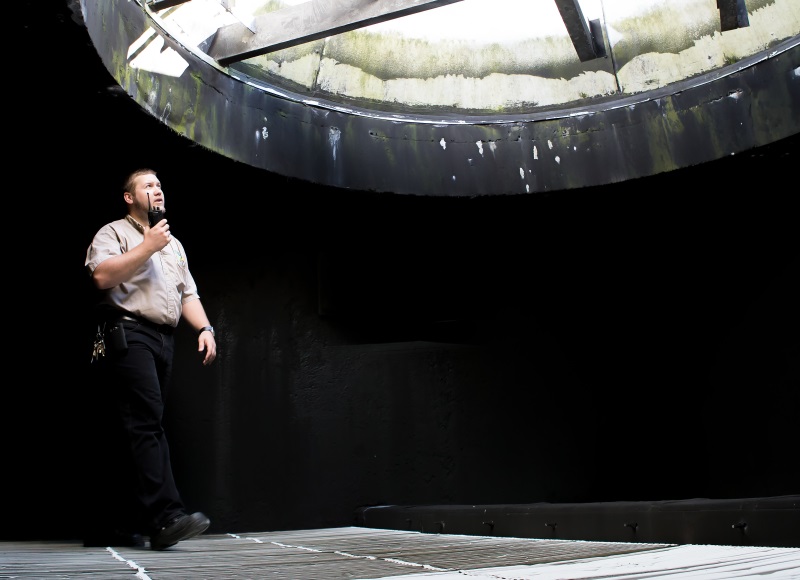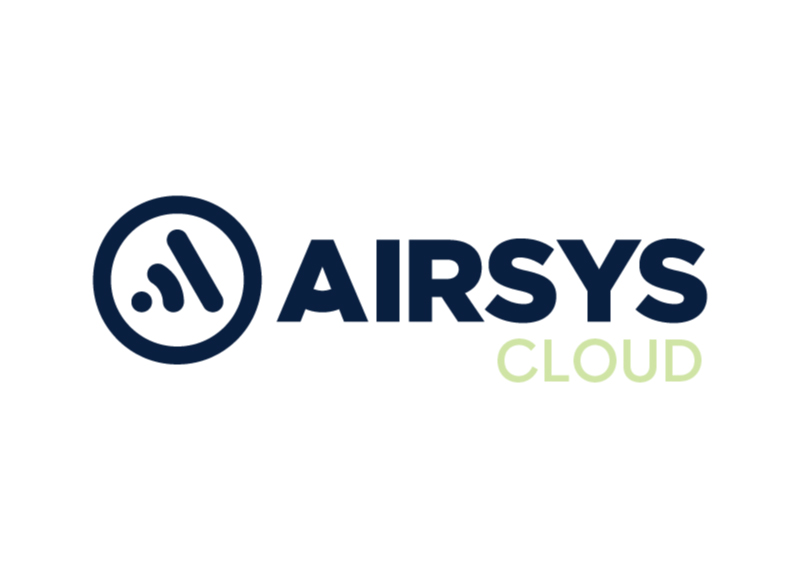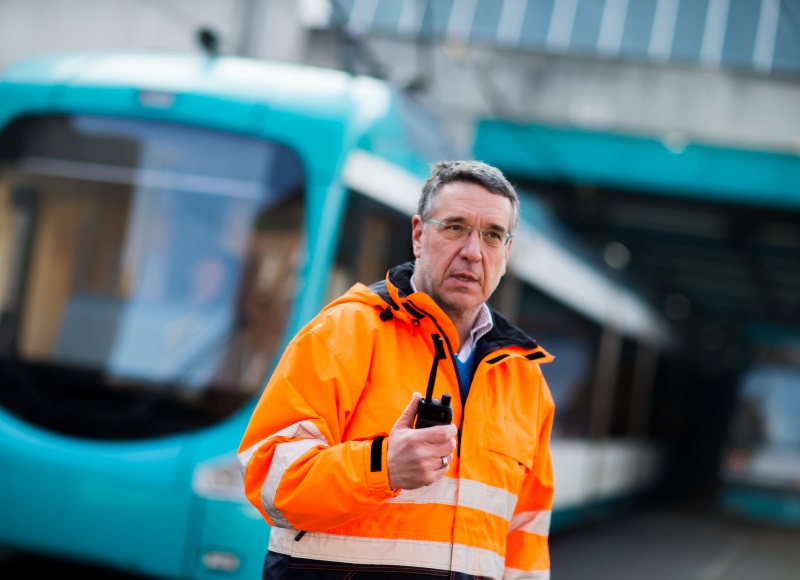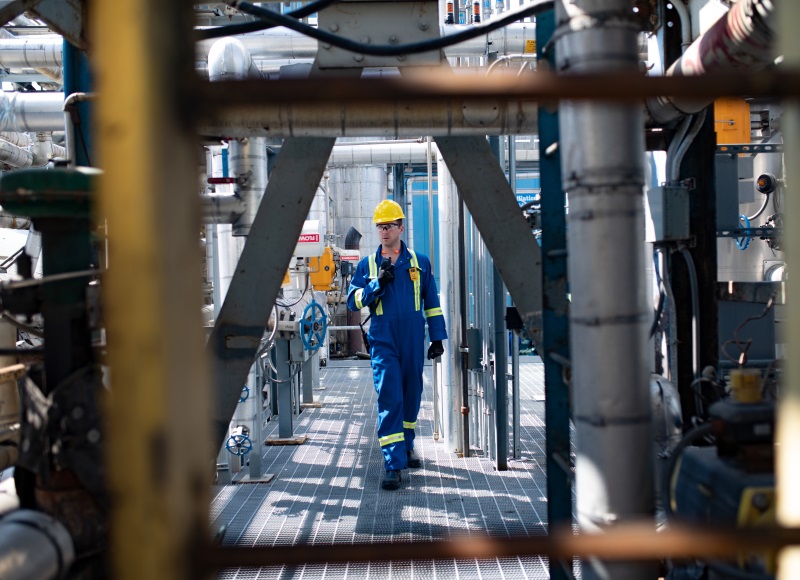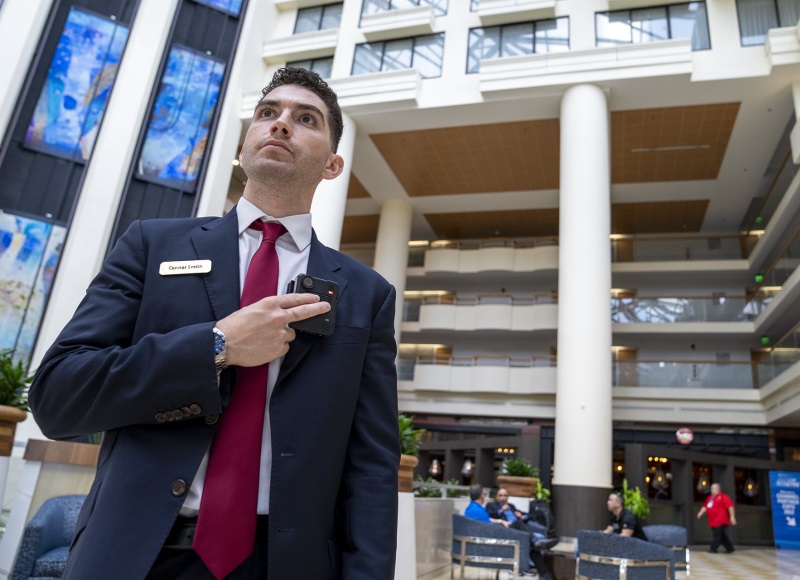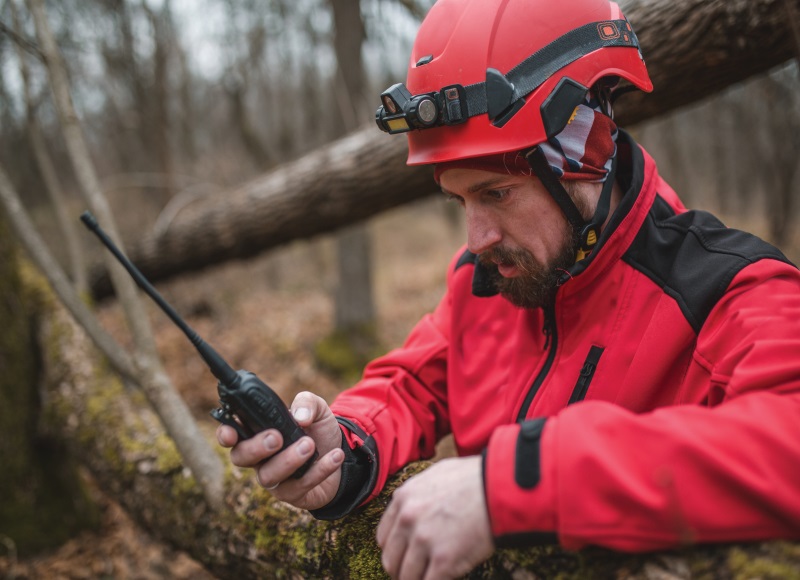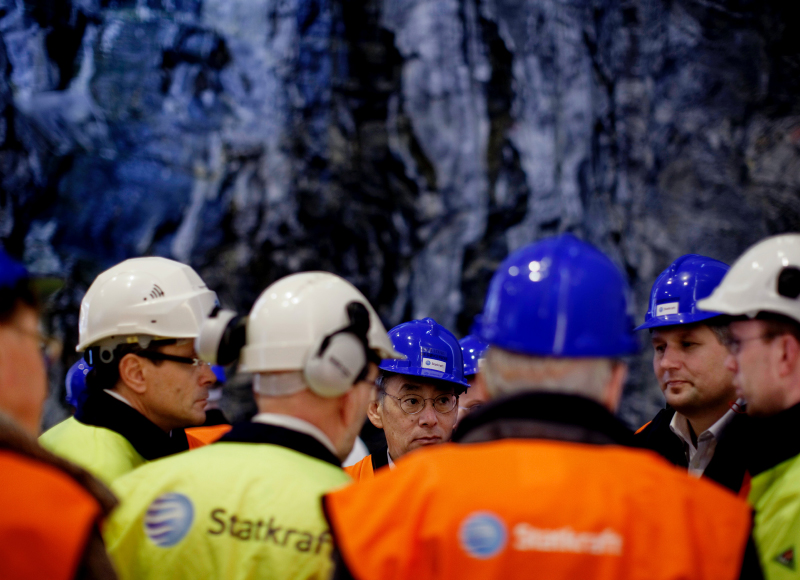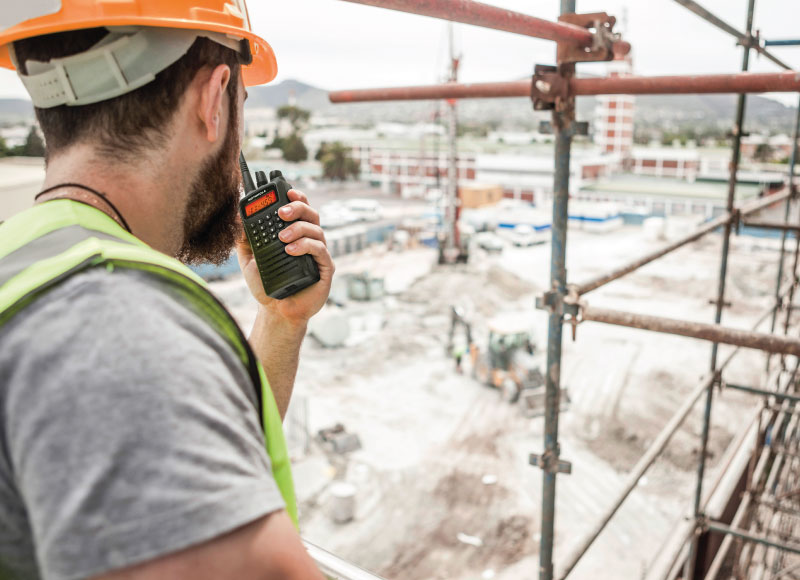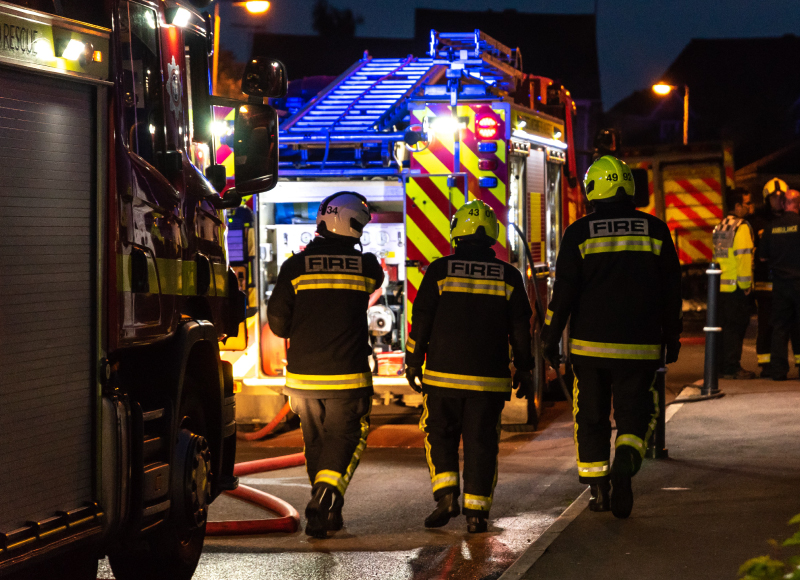

Today, fire and rescue services face numerous challenges on the front line with a rapidly changing landscape in the types of incidents they are attending from wildfires, to safety issues of high-rise buildings and rising attacks on firefighters. However, it is no longer just about attending incidents; it is also about value to the community and the importance of public safety. These challenging environments have only escalated the need for digital and technological transformation.
Firefighters rely on timely, accurate information to help them make split-second decisions, and their commanders are often inundated with a stream of information that can be difficult to process. Alarmingly 43% of Motorola Solutions fire and rescue survey respondents felt they did not consistently receive operational information in a clear, concise, and timely manner. The results also highlighted several areas where respondents believe the management of an incident could be enhanced with additional communication capabilities.
How are fire and rescue services adapting to a digital environment?
To meet todays challenges, fire and rescue services must evolve. Transitioning from legacy communications technology and creating an interoperability pathway between the incident and control rooms is now a possibility with digital devices, mobile apps and cloud-based platforms, allowing fire commanders and fire ground teams to gain an advantage in these increasingly challenging environments.
One example is the Greater Manchester Fire and Rescue Service (GMFRS), they are one of the largest in the country outside of London, with more than 2,100 staff, covering approximately 500 square miles and a population of 2.5 million people.

As part of their 2021-2025 plan, GMFRS heavily focuses on the need for technological innovation as an integral part of its front line firefighting capability to create a safe and successful environment for their firefighting teams and community. But how do they plan to achieve the commitment to researching and investing in innovative technologies? As a current user of a wide range of Motorola Solutions radio and LTE portfolio we discussed their plans with Mark Scoales, Head Of Technology from Greater Manchester Fire and Rescue Service.
Q: Mark, can you tell us about your role at GMFRS.
I’m currently the Head of Digital services and my role is to understand the operational needs and requirements to move the Fire and Rescue Service into an agile workforce, using technology to help create a smarter way of communicating in real time. This also includes clearly demonstrating and delivering the organisational vision to lead the way as a Fire & Rescue Service.
Q: GMFRS vision is a ‘modern, flexible, resilient fire and rescue service’. How does GMFRS support both innovation and safety across all stations?
The Digital directorate has a clear plan on delivering technology to aid both operational and non-operational staff, we work closely with our key partners, such as Radiocoms to achieve a common goal when innovating and creating new ideas.
Q: Safety is at the heart of what you do. In an increasingly complex and hazardous world, how do you ensure that every firefighter has the correct personal protective equipment to keep them safe in any situation they enter?
By proactively communicating with other organisations to understand risk within the Fire industry, it enables us to look at new/potential risks and plan out how we can improve equipment and technology to improve safety for our employees.
Q: Finding new ways to overcome connectivity issues is also a top area of concern for fire and rescue services. How do GMFRS ensure they are operationally ready for any eventuality?
As an organisation we have explored various ways to key our workforce connected at all times giving them real time data to enable them to carryout there roles safely and effectively, helping us to become one of the UK’s leading Fire and Rescues Services. One example is where we have recently rolled out new technology on our fire appliances. This enables them to be connected to critical systems that will support them at the scene of an incident, these devices are connected through roaming 4G SIM cards to guarantee connectivity thus improving our communications capability.
How can we help?
Based in the Uk Radiocoms are proud to support our emergency services.
Radiocoms are here to help you connect your fire services from the fireground, to the ICU and service headquarters with mission critical communication devices and systems. We can support you from the initial contact to create a scope that will meet your fire services needs in order to protect your employees and wider community.
Let’s start a conversation Book An Appointment | Call 033 3939 0022 | Email sales@radiocoms.co.uk
![]()
Follow Radiocoms on LinkedIn to keep up to date with Radiocoms
and the industry’s latest news & announcements.
Read more
Let’s start a conversation
If you would like further information, or to discuss your requirements onsite:
Book An Appointment | Arrange A Quotation | Call 033 3939 0022
